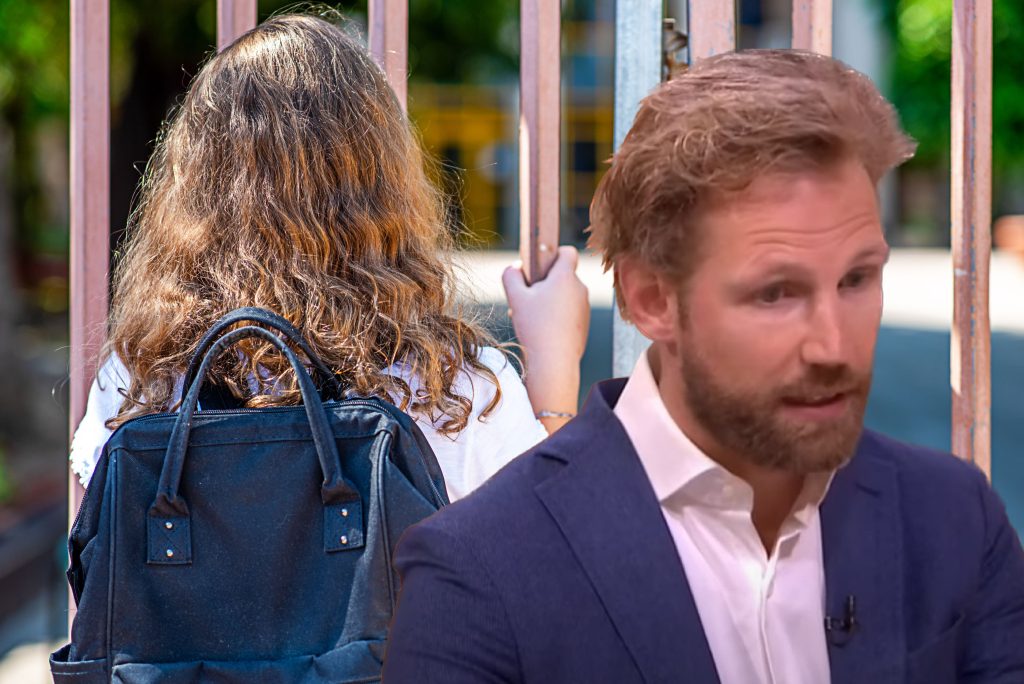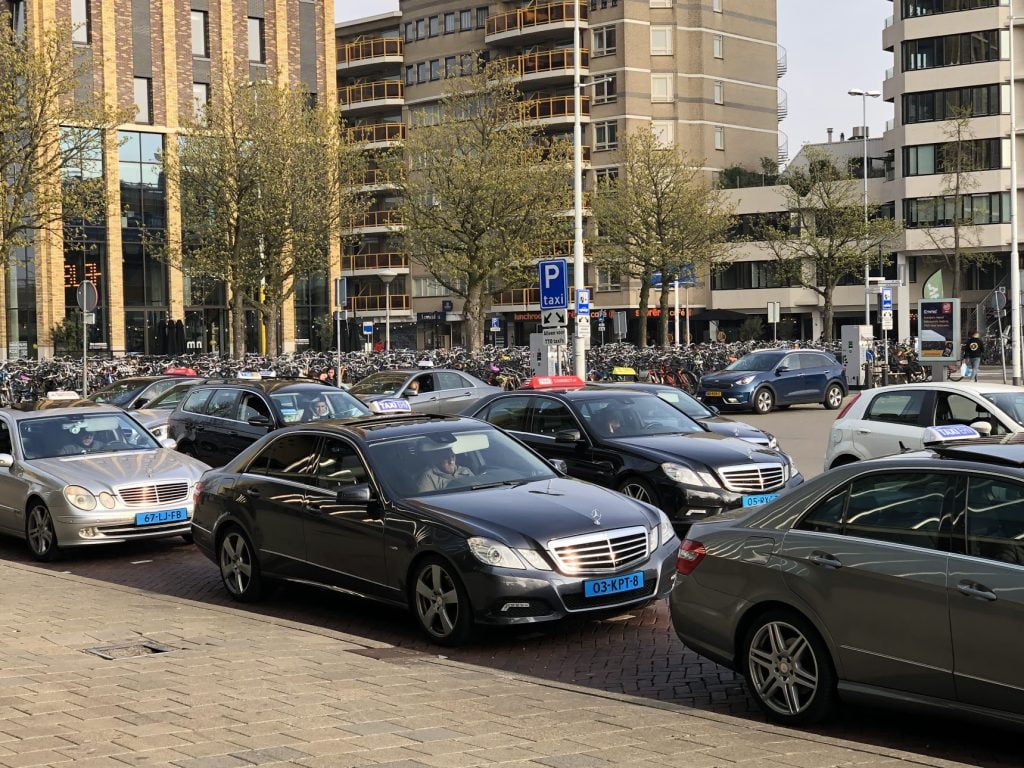The employers called the demands of the unions rather unrealistic and said they were surprised by the action "at the back of the group they say they want to help"
Employees in healthcare transport are going on strike because employers let an ultimatum expire with demands from employees about a new collective labor agreement for healthcare transport and taxi. Members of FNV Zorgvervoer and taxi had previously rejected the employers' latest offer for a new collective labor agreement. In an ultimatum, they gave employers until 11:12.00 noon on Friday XNUMX November to comply with their collective labor agreement requirements. If that didn't happen, there would be actions and strikes Follow.
"Certainly in this sector, with very committed employees, strike action is a last resort. Drivers would prefer to take their passengers safely from A to B, but they can no longer get by on their salary, wages are withheld for breaks that are not can be admitted and if drivers get sick they are not paid for a day and after that they are reduced by 30%."
Meindert Gorter, director of FNV Healthcare Transport and Taxi
It is not yet known where and when the strike will take place. “We are now discussing this in consultation with our members,” says Gorter. The sector employs 22.000 people, mainly on part-time contracts averaging 20 hours per week. The current collective labor agreement will expire on 31 December 2022. Negotiations for a new collective labor agreement have been ongoing since May of this year.
antisocial
The ultimatum states, among other things, that the members want to get rid of the regulations regarding illness. 'An employee who becomes ill only gets 70 percent paid and the first day nothing at all. That's really antisocial. Nobody chooses to be ill, but the employees are now being punished for that," says Gorter. In addition, the unstructured rosters and the withholding of wages for breaks that could not be taken are also an eyesore. Gorter: 'The dissatisfaction about this is so high that many drivers switch to a sector where this is well arranged'.
wages go up
In addition to improving working and rest times and sickness schemes, union members are demanding that wages increase in line with store prices from now on. That would amount to at least 12,5% for this year. 'If wages don't keep pace with inflation, you're going to get people going backwards. Then at some point you can no longer pay your bills, while you just have a job. We shouldn't want that," said Gorter.
Minister Wiersma also sees the importance of student transport being an attractive sector to work in and that staff are well paid. He hopes that the negotiating parties will find a solution soon.
"It hurts that students can also be affected by the strike."
Dennis Wiersma Minister of Education

laborious
The sector employs 22.000 people, mainly on part-time contracts averaging 20 hours per week. The current collective labor agreement will expire on 31 December 2022. Negotiations for a new collective labor agreement have been ongoing since May of this year. Gorter: 'The negotiations in this sector are always difficult, but this time everything was pretty much held back. Even a petition signed by more than 2500 people left the employers cold.'
Earlier, about 75 members of FNV Zorgvervoer en Taxi and CNV Vakmensen marched through Ede on Friday 21 October. In doing so, they drew attention to the failed collective labor agreement negotiations with the employers' organization KNV. The march and the presentation of the petition are a last-ditch attempt to persuade the KNV to withdraw the substandard final offer for a new collective labor agreement and to prevent actions in student and Social Support Act transport.




